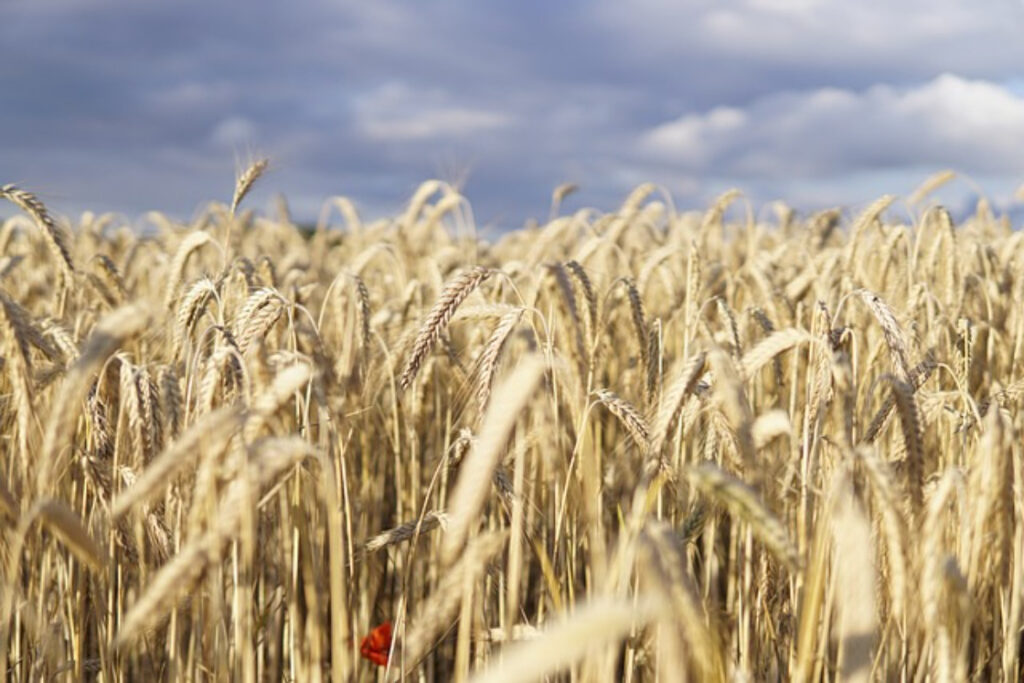Decrease in costs and an increase in returns is the dream of every farmer of any crop, but in the case of Sonora this is a reality in a family that cultivates wheat and that has bet on the conservation agriculture.
The International Maize and Wheat Improvement Centeran organization focused on agricultural research, has documented the results obtained by many wheat growers in southern Mexico. Sonora that have adopted the techniques of the conservation agriculture.
One of the families that for the past five years has adapted its approach to establishing wheat with sustainable practices is the Icedo Guillén family and has achieved satisfactory results.
The CIMMyT emphasizes that through this technique, which takes advantage of the soil's natural resources, they have been able to reduce water use, even achieving optimal plant development with three irrigations instead of four, without suffering water stress that negatively impacts yields.
In addition, by leaving the residues in the soil, the Icedo Guillén family has been able to stabilize yields in sandy areas where previously there had been a decrease of up to 800 kilograms per hectare.
Tests carried out between farms where stubble is left and others where this organic matter is burned indicate a yield difference of more than 700 kilograms per hectare, with production decreasing where the burning was carried out.
CIMMyT highlights that the results of the use of conservation agriculture in wheat cultivation in the Yaqui Valley indicate a reduction in costs of approximately 2,500 pesos per hectare and an improvement in yields of up to 15 percent, from an average of 7.4 tons per hectare to 8.6 tons per hectare.
This, in addition to leaving producers with more profits, has a positive impact on the environment by avoiding the burning of waste, saving water and slowing soil degradation.


